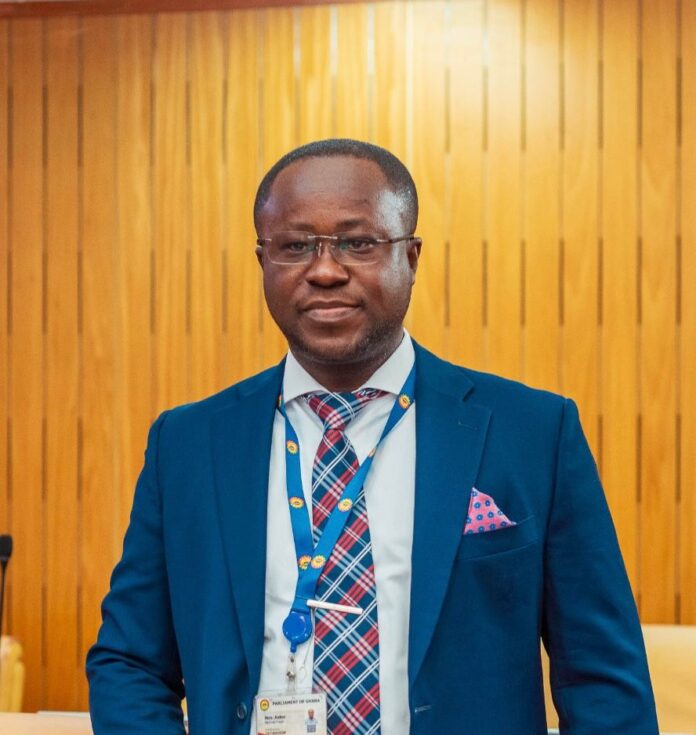On several grounds, the recent agreement reportedly signed by President Mahama with the U.S. government under which Ghana has undertaken to receive criminal deportees misrepresents both the true status of those being returned and the country’s constitutional requirements.
1. Unilateral Executive Deal-making
At a point, where many countries in Africa have unanimously rejected the U.S government’s plans to deport migrants with criminal records from the U.S., Ghana’s President Mahama has necodemously negotiated a deal with the U.S. to accept deportees into Ghana, using Ghana as dumping site for U.S. unwanted migrants with criminal records including drug trafficking and other serious offenses.
2. False West African Identity
The President’s assertion that these deportees are all West African nationals are untrue. They are criminals that no country in West Africa and no embassy in the region has stepped forward to confirm their citizenship. If they were bona fide nationals of Nigeria, Sierra Leone, or any other West African state, their governments would surely claim them directly.
3. Established Deportation Protocols Ignored
Under international practice, a sending state must notify the receiving state and furnish evidence of each individual’s nationality. The receiving state then conducts its own verification before permitting the transfer. In this case, Ghana appears to have ignored or waived that process.
4. Embassies Must Acknowledge Their Citizens
Every West African country maintains a diplomatic mission in Washington, D.C., and a permanent representative in New York. So how come these embassies whose nationals are to be deported into Ghana are not accepting their own citizens? If the President’s office truly means to “facilitate their return,” it must explain why these embassies have refused to identify their nationals. This is where the hidden lie and the untruths are. The president is not telling the nation the truths.
5. Recent Arrivals Contradict Official Lines
The government claims that 14 deportees have already arrived, 13 Nigerians and one Gambian. Why did neither the Nigerian Embassy and its government nor the Gambian authorities in Washington approve these returns? Their refusal strongly suggests that Ghana’s assertion of West African nationality is unfounded. The fact that Nigeria Government is not accepting the deportees mean the Nigeria Government has not established that they are their citizens.
6. Who, Then, Are They?
If Nigeria and Gambia have not confirmed these individuals as their citizens, on what basis did Ghana proceed to admit them? The answer appears to be: no sound legal basis at all.
7. Breach of African Union Principles
The African Union has condemned the use of any Member State as a receptacle for unwanted migrants, especially where human rights abuses are alleged by the deporting power. The Trump administration’s harsh treatment of African-descent migrants only underscores the injustice of this deal.
8. What Was Offered in Exchange?
The Government must disclose what concessions were made to secure this “re-admission” agreement. Were any trade, security, or visa-facilitation incentives promised to the U.S.?
9. A Sovereignty Under Question
This pact has arisen at precisely the moment when U.S. aid to Ghana is under suspension, visa restrictions have tightened, and new tariffs of over 15% have been imposed on Ghana’s exports. Other African states including those personally courted by President Trump have spurned this proposal. Why did Ghana alone agree? When those countries that the U.S president held summit with rejected the offer? Why Ghana?
Why are we selling our sovereignty in exchange of favours that the president alone and his government are aware. Why is it only President Mahama’s time that deals to harbour criminals are entered? These and many other questions are what the government has to address.
10. Constitutional Illegality of the Deal
Under Article 75 of Ghana’s 1992 Constitution, “No treaty shall have the force of law unless it has been ratified by Parliament.” In the landmark case of
• Republic v. Attorney-General & Others (SC Application No. J1/37/2016, judgment delivered 5 July 2017)
the Supreme Court held (at paragraph 44) that
“The Executive cannot commit the State to any significant international agreement affecting fundamental rights or obligations without the prior approval of Parliament, as required by Article 75. To do otherwise is ultra vires the Constitution.”
Unless this new deportation agreement is laid before Parliament and expressly ratified by the requisite two-thirds majority, it is unlawful and of no binding force.
In sum, the President’s claim that Ghana is merely accepting “West African nationals” is demonstrably false. Moreover, by bypassing Parliament, the President has acted contrary to the Supreme Court’s clear ruling on such matters. We call on President Mahama to publish the full agreement, submit it for parliamentary scrutiny, and correct the record, failing which this “secret deal” must be abandoned in order to uphold Ghana’s Constitution and national dignity.
Source: Michael Kwasi Aidoo, Member of Parliament – Oforikrom


